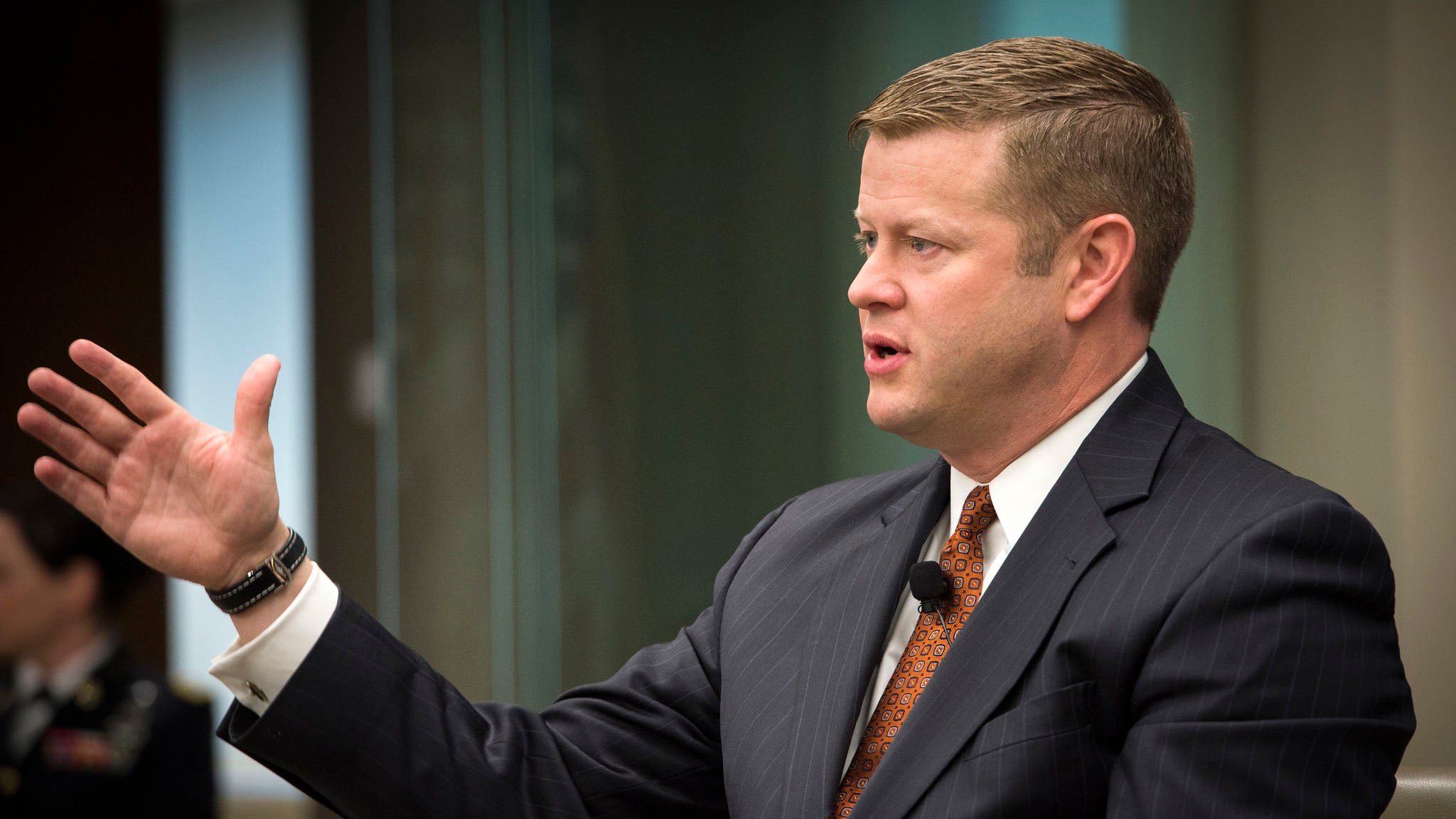Inaction Undermines Policy Bill Passage
Inaction Undermines Policy Bill Passage

Army leaders are generally pleased with the revised 2018 defense policy bill approved by Congress but not happy with the prospect of operating through the end of the calendar year under temporary funding that limits the ability to start new programs and adjust existing ones.
The $700 billion Fiscal Year 2018 National Defense Authorization Bill, addresses some critical Army requirements not included in the Pentagon plan submitted to Congress earlier this year, including 8,500 additional soldiers and ramping up several weapons modernization programs. “I was pretty pleased,” said Undersecretary of the Army Ryan D. McCarthy of the compromise policy bill.
The bill had overwhelming support in Congress, passing the House on Nov. 14 by on a 356-70 vote and passing the Senate on Nov. 16 on a voice vote.
Army Chief of Staff Gen. Mark A. Milley said Congress has been helpful. “You never get everything you want,” he said.
The Pentagon’s 2018 budget did not include additional soldiers, part of a decision to boost the size of the Army every other year for budgetary and practical reasons, McCarthy said. Milley described this as weighing “what’s optimal versus what you can afford.”
While they like the authorization bill, McCarthy and Milley expressed concern that Congress has not approved an appropriations bill to pay for the programs and doesn’t seem likely to anytime soon. Since the start of the fiscal year Oct. 1, the government has been operating under a continuing resolution while the White House and Congress try to work out a formal budget. The current funding bill is due to expire Dec. 8, with lawmakers expected to pass another stopgap funding bill to give more time for talk.
McCarthy said he’s been told to expect temporary funding to continue at least until Christmas, an extension that he and Milley see as adding to the Army’s problems because of the unpredictability.
“It just prolongs the pain,” McCarthy said of waiting for money so key decisions can be made. “It confines us.”
“We want sufficient funding, but it also has to be on time,” Milley said, warning that delaying changes in key programs can end up costing the Army more.

